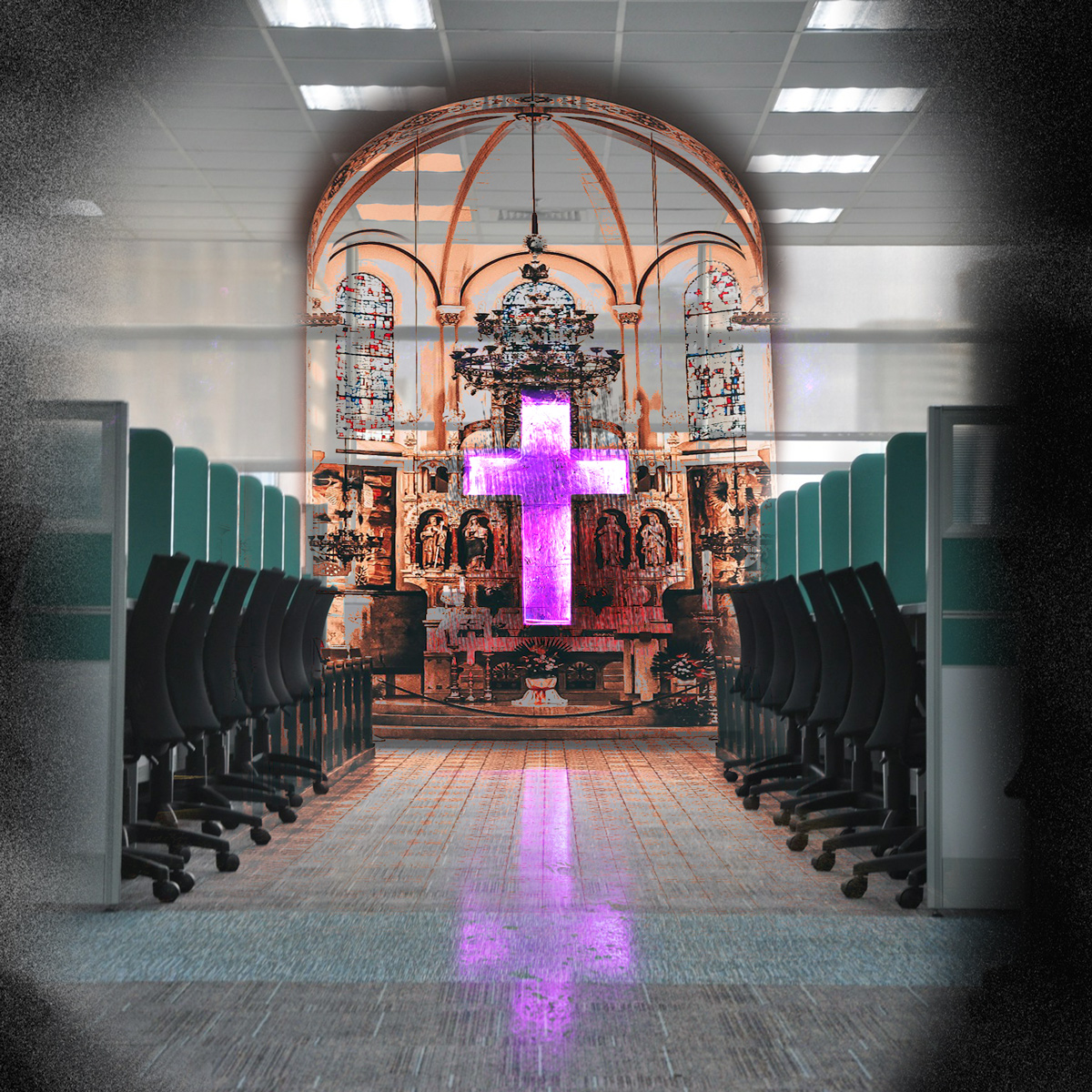Episode Summary
"I am because they were." Lisa Sharon Harper joins Miroslav Volf to discuss the significance of narrative history for understanding ourselves and our current cultural moment; the sequence of repeated injustices that have haunted America's past and directly impacted Black Americans for hundreds of years; the Christian nationalist temptation to hoard power; the necessary conditions for true repair, the role of reparations in the pursuit of racial justice, and the goodness of belonging.
Episode Notes
"I am because they were." Lisa Sharon Harper joins Miroslav Volf to discuss the significance of narrative history for understanding ourselves and our current cultural moment; the sequence of repeated injustices that have haunted America's past and directly impacted Black Americans for hundreds of years; the Christian nationalist temptation to hoard power; the necessary conditions for true repair, the role of reparations in the pursuit of racial justice, and the goodness of belonging.
About Lisa Sharon Harper
From Ferguson to New York, and from Germany to South Africa to Australia, Lisa Sharon Harper leads trainings that increase clergy and community leaders’ capacity to organize people of faith toward a just world. A prolific speaker, writer and activist, Ms. Harper is the founder and president of FreedomRoad.us, a consulting group dedicated to shrinking the narrative gap in our nation by designing forums and experiences that bring common understanding, common commitment and common action.
Ms. Harper is the author of several books, including Evangelical Does Not Equal Republican…or Democrat (The New Press, 2008); Left Right and Christ: Evangelical Faith in Politics (Elevate, 2011); Forgive Us: Confessions of a Compromised Faith (Zondervan, 2014); and the critically acclaimed, The Very Good Gospel: How Everything Wrong can be Made Right (Waterbrook, a division of Penguin Random House, 2016). The Very Good Gospel, recognized as the “2016 Book of the Year” by Englewood Review of Books, explores God’s intent for the wholeness of all relationships in light of today’s headlines.
A columnist at Sojourners Magazine and an Auburn Theological Seminary Senior Fellow, Ms. Harper has appeared on TVOne, FoxNews Online, NPR, and Al Jazeera America. Her writing has been featured in CNN Belief Blog, The National Civic Review, Sojourners, The Huffington Post, Relevant Magazine, and Essence Magazine. She writes extensively on shalom and governance, immigration reform, health care reform, poverty, racial and gender justice, climate change, and transformational civic engagement.
Ms. Harper earned her Masters degree in Human Rights from Columbia University in New York City, and served as Sojourners Chief Church Engagement Officer. In this capacity, she fasted for 22 days as a core faster in 2013 with the immigration reform Fast for Families. She trained and catalyzed evangelicals in St. Louis and Baltimore to engage the 2014 push for justice in Ferguson and the 2015 healing process in Baltimore, and she educated faith leaders in South Africa to pull the levers of their new democracy toward racial equity and economic inclusion.
In 2015, The Huffington Post named Ms. Harper one of 50 powerful women religious leaders to celebrate on International Women’s Day. In 2019, The Religion Communicators Council named a two-part series within Ms. Harper’s monthly Freedom Road Podcast “Best Radio or Podcast Series of The Year”. The series focused on The Roots and Fruits of Immigrant Labor Exploitation in the US. And in 2020 Ms. Harper received The Bridge Award from The Selma Center for Nonviolence, Truth and Reconciliation in recognition of her dedication to bridging divides and building the beloved community.
Production Notes
- This podcast featured Lisa Sharon Harper and Miroslav Volf
- Edited and Produced by Evan Rosa
- Hosted by Evan Rosa
- Special thanks to Lisa Sharon Harper and Katie Zimmerman at FreedomRoad.us
- Production Assistance by Martin Chan & Nathan Jowers
- A Production of the Yale Center for Faith & Culture at Yale Divinity School https://faith.yale.edu/about
- Support For the Life of the World podcast by giving to the Yale Center for Faith & Culture: https://faith.yale.edu/give
Transcript
show less



















